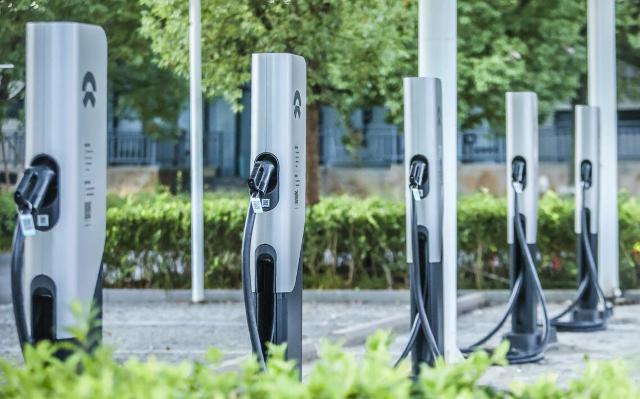Several electric vehicle (EV) startups navigate challenging market conditions in the wake of less business from customers, Reuters news report said.
Fisker
Fisker’s recent bankruptcy filing underscores the industry’s difficulties. The company faced fundraising challenges, slow sales, and supply chain issues, particularly affecting its flagship Ocean electric SUV. Despite efforts to cut costs, partner with dealerships, and seek investment from major automakers, Fisker could not overcome its financial hurdles.
Other U.S. EV startups are similarly adjusting their strategies to cope with reduced demand, driven by high borrowing costs and economic uncertainty. Here is how some of the key players are adapting:
Rivian Automotive
Rivian has taken significant steps to reduce costs and boost efficiency. This year, the company shut down its assembly line temporarily to retool its facility, aiming to streamline production and enhance profitability. Rivian recently introduced the second generation of its vehicles, featuring new drive units, upgraded software, and fewer components to lower production costs.
In a strategic move, Rivian offered lower-range options for its vehicles in February, a shift from its previous stance against price cuts. The company has also re-negotiated supply contracts and started in-house production of some components to further reduce its cash burn. Rivian reported cash and cash equivalents of $5.98 billion for the first quarter, down from $7.86 billion in the fourth quarter.
Looking ahead, Rivian plans to produce its smaller, less expensive electric R2 SUVs and R3 crossovers at its existing U.S. factory, with deliveries expected to begin in the first half of 2026.
Lucid Group
Lucid Group announced in May it would reduce its U.S. workforce by 6 percent after missing revenue expectations for six consecutive quarters. The company has cut the price of its Lucid Air Pure model and offered incentives such as two years of free scheduled maintenance and charging allowances.
In November, Lucid unveiled the Gravity SUV, priced under $80,000, with production slated to start late this year. To broaden its customer base, Lucid plans to introduce a more affordable mid-size car by late 2026, targeting a price point of around $50,000. Lucid ended the first quarter with $2.17 billion in cash and cash equivalents, up from $1.37 billion in the fourth quarter of last year.
Nikola
Nikola is shifting focus towards hydrogen-powered big rigs after facing setbacks with its battery-electric trucks, some of which caught fire in August, leading to a recall. The company forecasts up to $170 million in truck revenue for 2024, aiming to sell 450 units, including hydrogen fuel cell electric trucks.
At the end of the first quarter, Nikola reported cash and cash equivalents of $345.6 million, down from $464.7 million in December. This pivot to hydrogen-powered trucks is part of Nikola’s strategy to stabilize its business amid challenging market conditions.
Conclusion
The current landscape for EV startups is marked by strategic shifts to manage reduced demand and economic pressures. Companies are focusing on cost-cutting measures, product diversification, and new technology integrations to sustain operations and appeal to a broader customer base. As the industry continues to evolve, these adaptations will be crucial for the survival and growth of these innovative companies.

